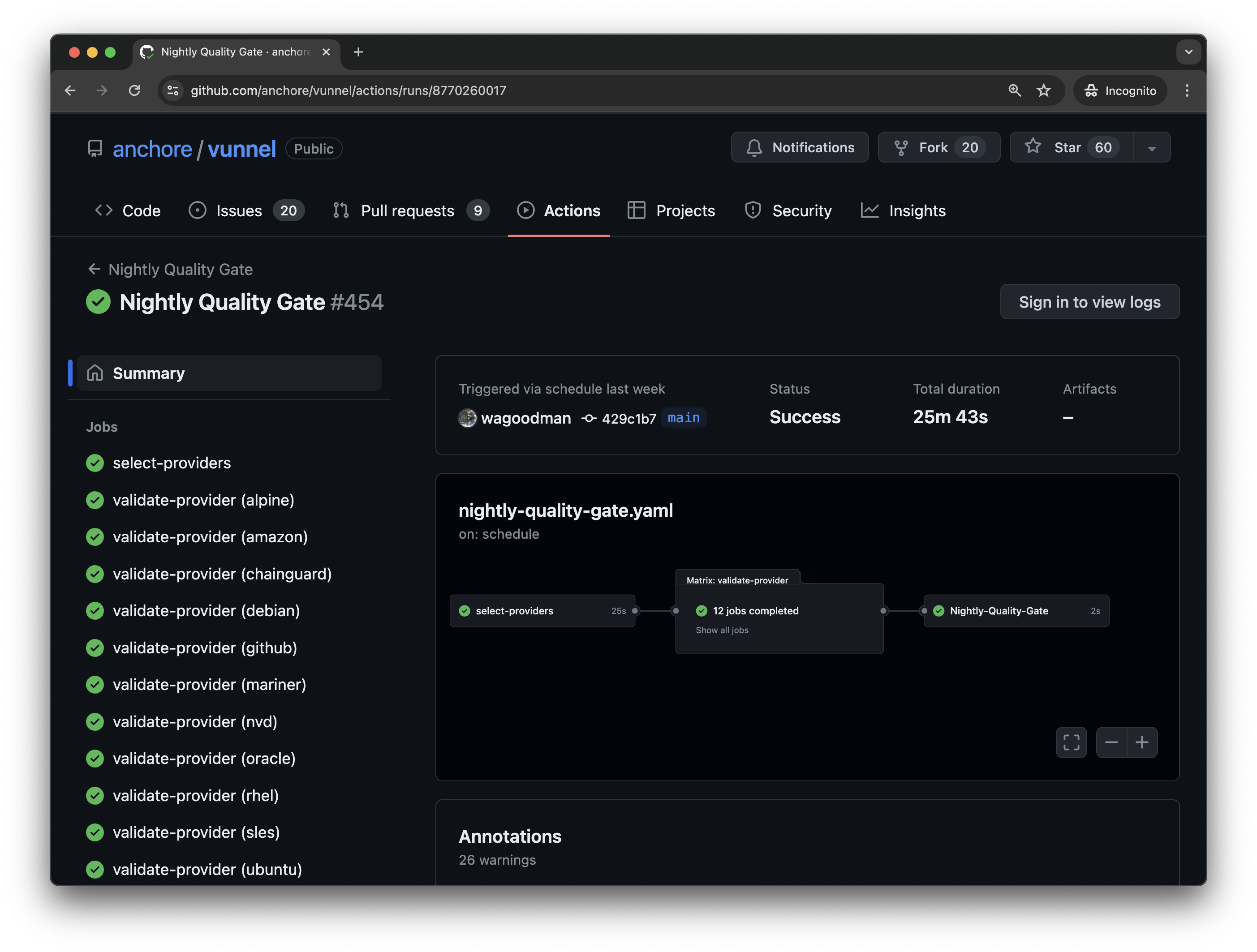If you’ve used Grype to scan your images and SBOMs for vulnerabilities, you might be familiar with some of the output formats that Grype can produce. The standard output is a simple tabular format. If you want more detail, or if you want to produce a machine-parsable output, you can use the “-o” option to get reports in a more comprehensive Grype JSON output, or reports based on the CycloneDX standard in either JSON or XML.
If those aren’t suitable for your needs, there is another option, “-o template”, which allows you to specify your own completely customized template based on the Go templating language. If you have developed a useful template that you’d like to share with others, we have a place for community-contributed templates in the Grype source code on GitHub.
How to Build a Template
To create a template, create a text file describing your desired output using the Go template syntax. There are a couple of simple templates included in the Grype source code that you can use as a starting point, including the standard table-based output you see when you run Grype without setting an output format. The template that generates the table is here: templates/table.tmpl
There is also a very simple template that generates CSV (comma separated values): templates/csv.tmpl
"Package","Version Installed","Vulnerability ID","Severity"
{{- range .Matches}}
"{{.Artifact.Name}}","{{.Artifact.Version}}","{{.Vulnerability.ID}}","{{.Vulnerability.Severity}}"
{{- end}}This template produces this output:
"Package","Version Installed","Vulnerability ID","Severity"
"coreutils","8.30-3ubuntu2","CVE-2016-2781","Low"
"libc-bin","2.31-0ubuntu9","CVE-2016-10228","Negligible"
"libc-bin","2.31-0ubuntu9","CVE-2020-6096","Low"
...Grype also includes the utility templating functions from the standard golang text/template module, so if you need to do more processing in your template, you can. In addition to the standard golang functions, Grype also includes the utility functions from sprig.
(Please note that templates can access information about the system they are running on, such as environment variables. You should never run untrusted templates.)
Contribute Your Own Templates
Have you developed a template for Grype’s output that you have found useful? If you think other people might also benefit from it, consider sending us a pull request to include it in Grype’s user-contributed templates directory. Come chat with us on Slack or join our community meeting every other week if you have questions or suggestions.



